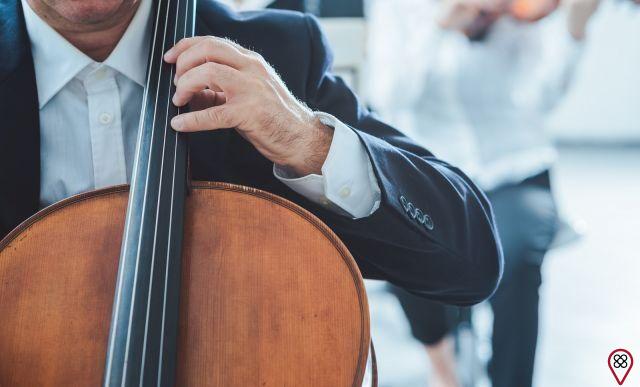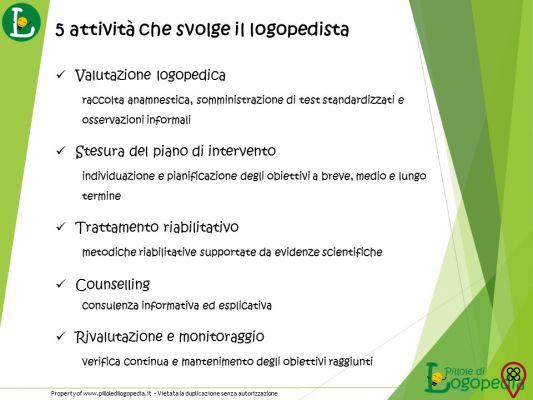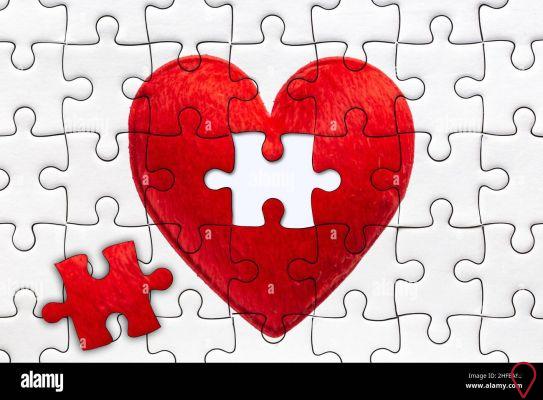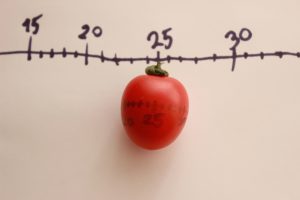On November 22, the “Musician's Day” is celebrated, coinciding with the celebration of the patron saint of music, the Catholic saint Cecília. In 1960, in the city of Tatuí, the director of the Musical Conservatory held the “Music Week” to honor teachers and students. Since then, Music Week is celebrated every year and has become a national event.
Music is present in our lives from birth, but we often don't even realize it. Even during prehistory, human beings already sought to schedule their meetings to the sound of voices, clapping and, later, accompanied by drums and flutes.
For a long time, music was associated with religious expression, as it transported people to a state of ecstasy beyond ordinary everyday life. Some examples of instruments found date back to over 10 years BC
In Egypt, music was considered divine and was related to the worship of the gods. In China, this also occurred, and music was also directly associated with emperors - considered true deities incarnated on Earth.
In ancient Greece, music was used to create a sense of closeness between humans and deities. It was soon incorporated into theater and dance. Greek tragedies were accompanied by music. Pythagoras (571 BC – 490 BC) discovered the fundamental notes, musical intervals and harmony: music is governed by numbers, the essence of all things. Plato recognized music as an important educational tool.
During the Middle Ages, music was present in monasteries and the Church directed its production and execution. The best-known examples of composition are the Gregorian chants, named after Pope Gregory the Great (540-604), who gave music a great boost.
Music has continued to evolve through the ages, giving rise to diverse styles and rhythms. Its importance in the development of the human mind has been proven through scientific studies. In addition, music promotes well-being, facilitates concentration and the development of reasoning.
 Music and sounds can change how the brain works. NASA discovered and developed the technique of binaural sounds proving that, with its use, the states of depression, anxiety and stress can be changed. Growth hormones, sleep and states of meditation and concentration can still be regulated. This process basically consists of applying different auditory stimuli to each ear. By processing these two tones, the brain assimilates the difference between them and, in a harmonizing effect, enters the desired frequency. Isochronic sounds, which achieve the same goals, do not need to be heard with headphones.
Music and sounds can change how the brain works. NASA discovered and developed the technique of binaural sounds proving that, with its use, the states of depression, anxiety and stress can be changed. Growth hormones, sleep and states of meditation and concentration can still be regulated. This process basically consists of applying different auditory stimuli to each ear. By processing these two tones, the brain assimilates the difference between them and, in a harmonizing effect, enters the desired frequency. Isochronic sounds, which achieve the same goals, do not need to be heard with headphones.
Music contributes to the integral formation of the individual. Children who receive musical training from elementary school do better in school, whether through singing or practicing with instruments.
Learning music also forms an awareness of diversity and appreciation of the reality of the community where each student lives, rescuing and preserving cultural values. The experience of each student must be incorporated into musical teaching, thus contributing to the formation of personal identity.
Music helps in the development of sensitivity, creativity, motor skills, reasoning and social integration of students, as well as physical-kinesthetic, spatial, logical-mathematical, verbal and musical skills. Music education is a source of personal enrichment, helping to develop the sensory, affective, physical, social and spiritual potential of each student. Music is life and joy and, in the words of educator Paulo Freire, “teaching requires joy and hope”.

























